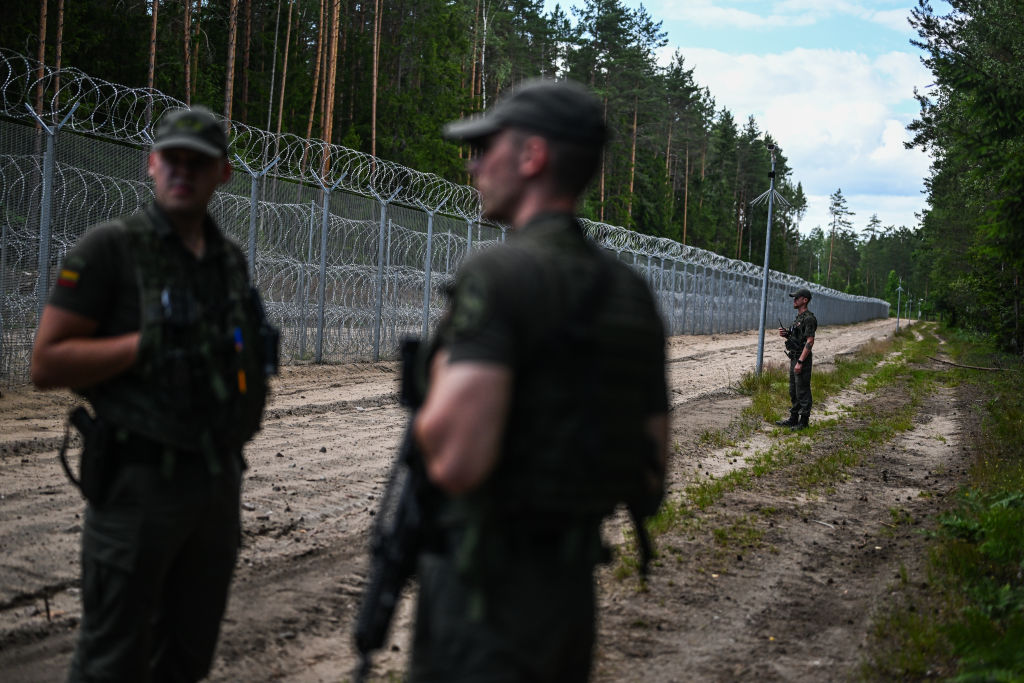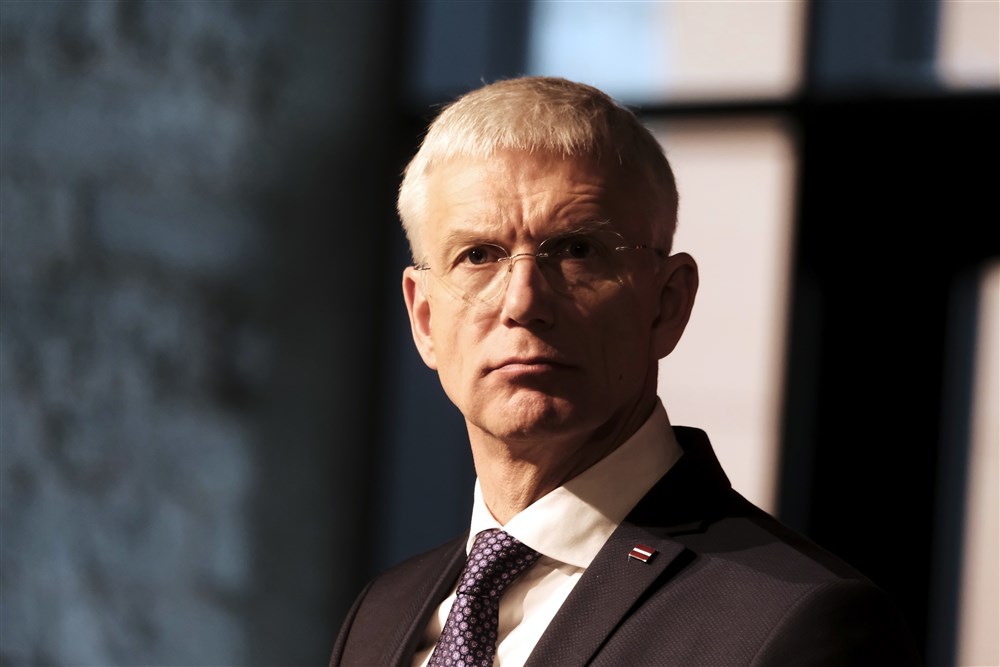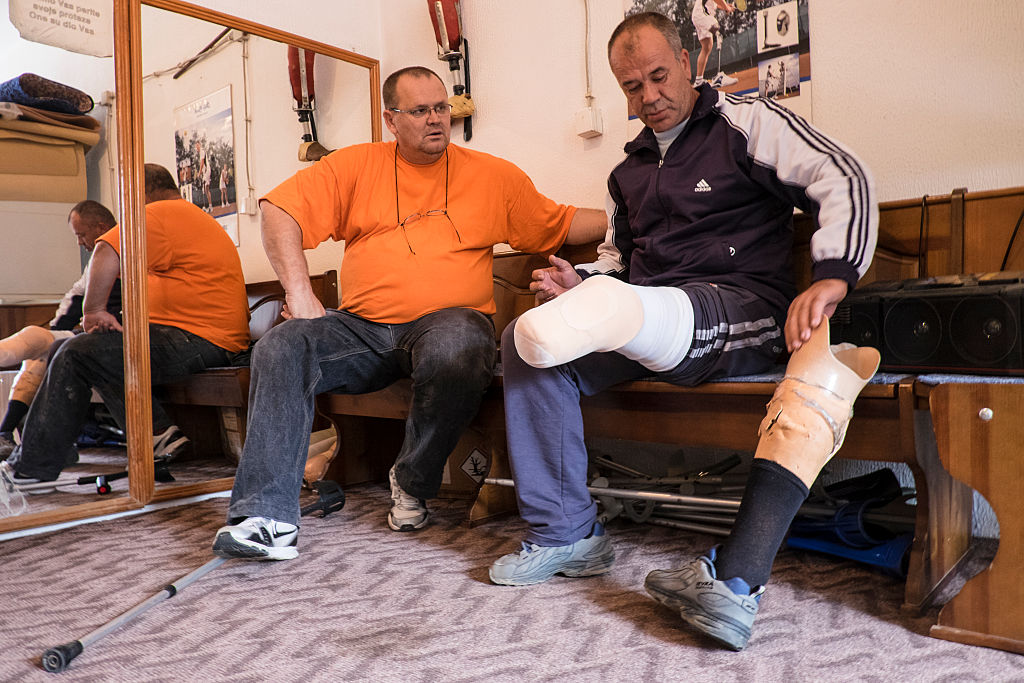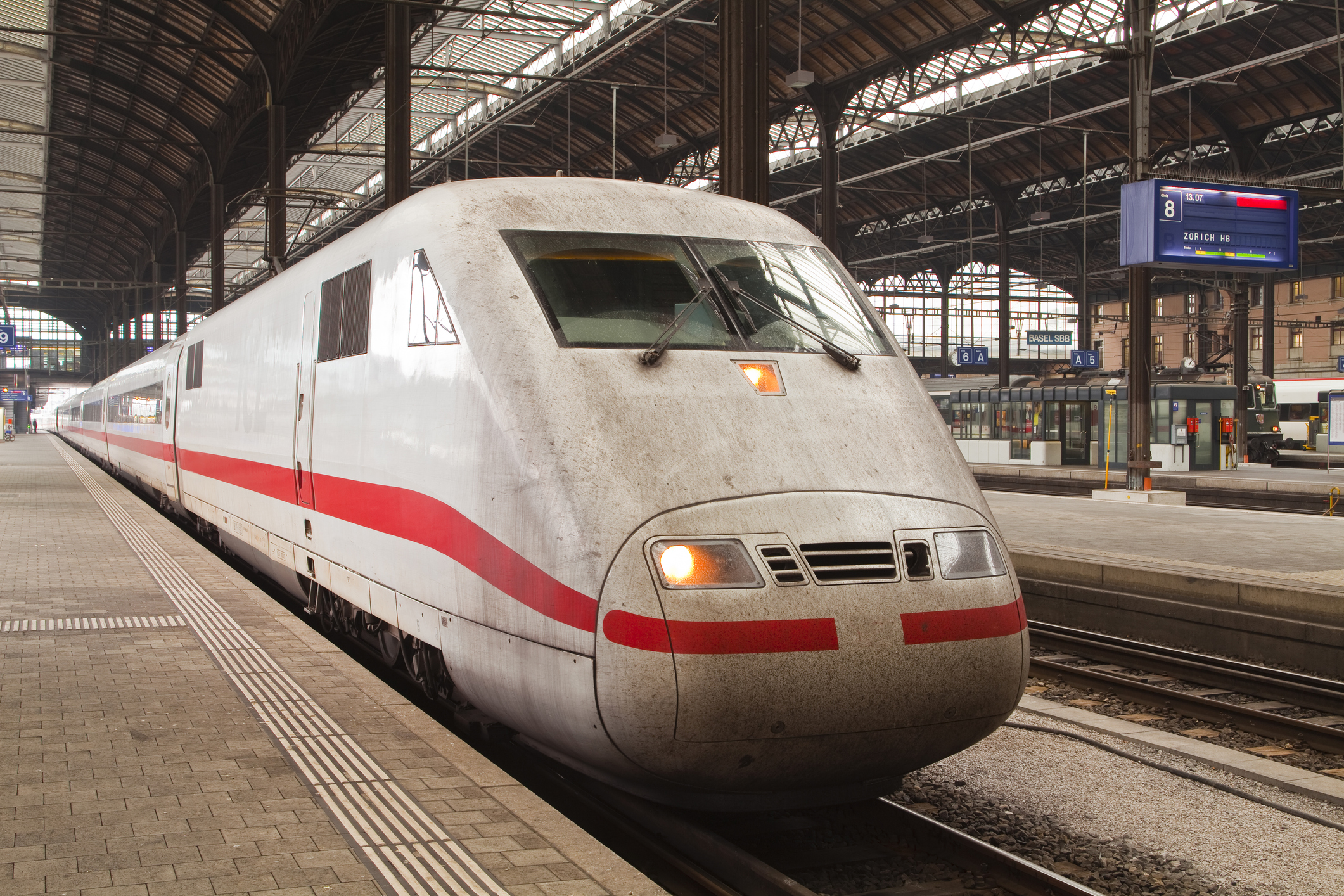The Rail Baltica corridor–a high-speed rail link eventually to connect Tallinn with Warsaw–has already hit major rail delays, with Latvia saying it would miss a 2030 deadline by five years.
Andris Kulbergs, who chairs the Latvian parliament’s Rail Baltica inquiry committee, on May 13 informed Estonian MPs that Latvia would only be able to complete its section by 2035.
Kulbergs cited major funding issues as the reason for missing the 2030 deadline for Latvia’s section of the international railway project, reported Estonian state broadcaster ERR. The Latvian Ministry of Transport confirmed the report to news site Baltic News Network.
Arenijus Jackus, CEO of Rail Baltica Lithuania, had already informed the Lithuanian parliament that completion was at risk of being pushed back by two to three years.
The delay has reportedly caused friction between the three Baltic states – Estonia, Latvia, and Lithuania.
If the full Rail Baltica line is not completed by 2030, the European Union will impose financial sanctions jointly on all three states.
The EU finances 85 per cent of the estimated €15 billion project. The sanctions provision is part of the grant agreement between the Baltic states and the European Commission’s Climate, Infrastructure and Environment Executive Agency (CINEA).
Disillusionment with Rail Baltica has now become prevalent in Estonia, which has pushed ahead with its own construction obligations in order to meet the project deadlines.
Anastassia Kovalenko-Kõlvart, an MP for Estonia’s centre-left opposition party Keskerakond and chairwoman of her parliament’s anti-corruption committee, expressed doubts about the project and criticised Estonia’s government for lavish spending on a project with uncertain future.
“Basically, we are building railways worth several billions and ordering trains worth €70 million to go from Tallinn to the Latvian border. In addition, €50 million are spent every year to oversee all this,” Kovalenko-Kõlvart wrote.
Estonian journalist Kadri Paas commended Latvians for being “more cunning” than their Northern neighbours.
“The Latvians do not want to waste money so eagerly on building a pointless railway line,” said Paas, adding “meanwhile, the Estonian government continues its usual style of being the most pope-like of the popes” in its commitment to the cause.
On May 16, Rail Baltica Estonia signed the largest infrastructure construction contracts in Estonian history to connect its third-largest city of Pärnu with the Latvian border.
This, the last Rail Baltica section in Estonia, had a price tag of almost €1 billion.
In April 2025, Estonia also launched the procurement process for six electric trains that will one day travel on Rail Baltica – or perhaps, say critics, just from Tallinn to the Latvian border.
“If Latvia really doesn’t keep pace, then domestic transport in Estonia will begin operating”, said Estonian infrastructure minister Kuldar Leis.
“We’re preparing a tender specifically for trains that will run within Estonia,” said Leis.
The Rail Baltica project has been fraught with delays since the beginning.
Under the original three-country agreement signed in 2017, signatories aimed to finish construction by 2025 and launch operations in 2026.





